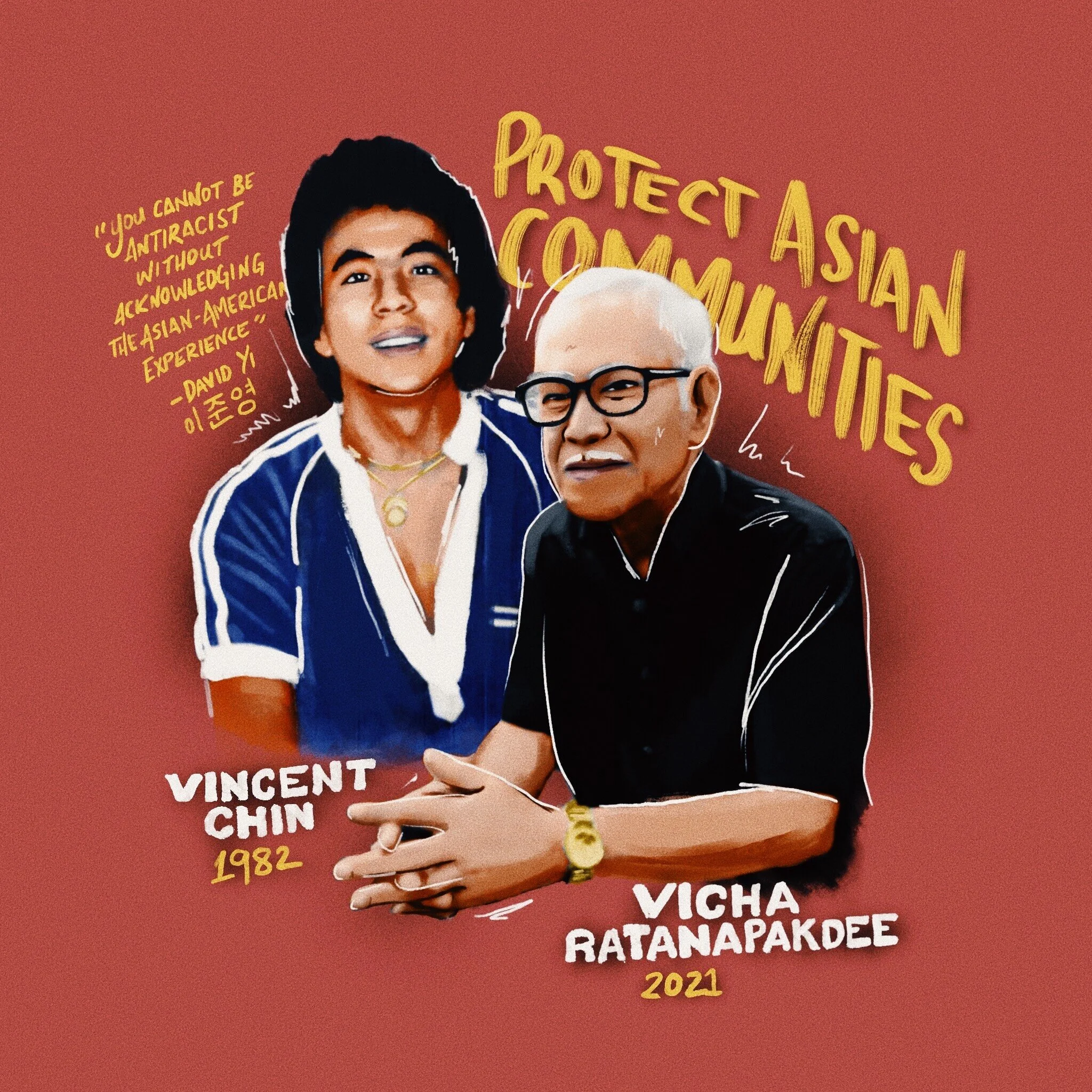Solidarity, not silence.
Last month, an 84-year old Thai man, Vicha Ratanpakdee was assaulted in San Francisco. Two days later, he passed away. An 89-year old Asian woman in Brooklyn was set on fire. A string of 20+ robberies and assaults were reported in Oakland’s Chinatown.
This isn’t news I wish to share in the least. But the news itself isn’t sharing it. I haven’t seen any coverage on the homepage of a major newsletter. It hasn’t been given any airtime.
It’s that same silence that allows violent attacks on Asian American communities to grow to 100 per day during the pandemic. It’s the same silence that kept me from learning about things like Vincent Chin’s murder or the Watsonville Riots until my 20s. It’s the same silence that led to 164 no votes from congressional reps that asked for nothing more than a denouncement of anti-Asian sentiment.
One thing I hate about stories like these is that they can make you feel helpless. But there are actual things to do. Work ahead that matters. And they revolve around building solidarity and rejecting silence.
Building solidarity means looking at how different groups’ struggles for racial justice are different, but interconnected. It means knowing history: Grace Lee Boggs, the Immigration wave that followed the Civil Rights Era, Yuri Kochiyama It means working to dismantle prejudices within one’s own group. It means understanding the Model Minority Myth and how its false promises ultimately harm both Asians and other groups of color.
Rejecting silence means speaking up. Every one of us is a steward of our own voice and relationships. It’s not about how big your platform is, it’s about using it well. Rejecting silence looks like denouncing violence. It looks like amplifying positive depictions. And it looks like unambiguously rejecting sinophobic rhetoric from political leaders, whether or not they’re the ones we support.


